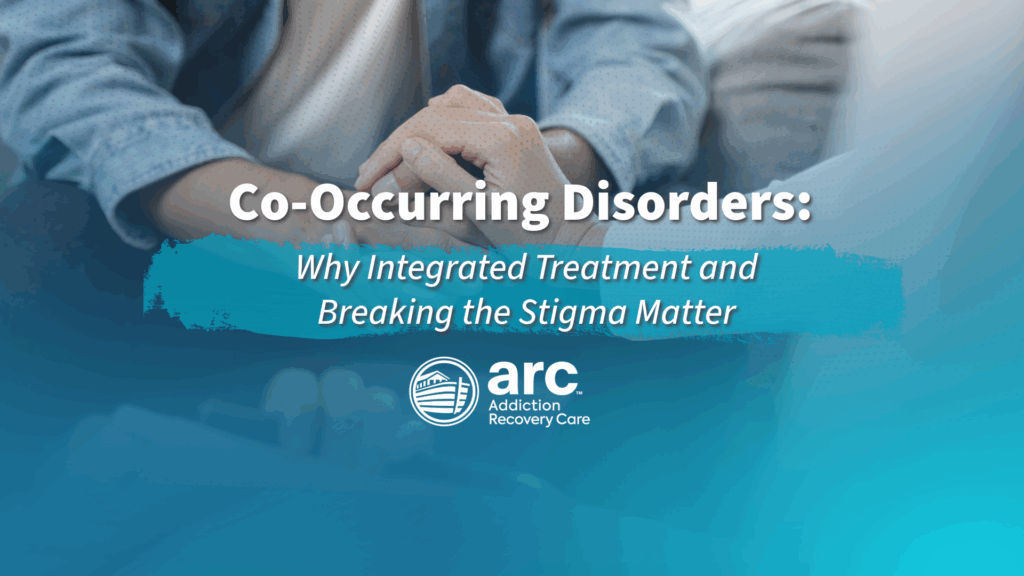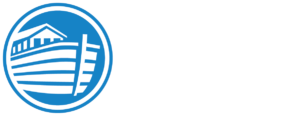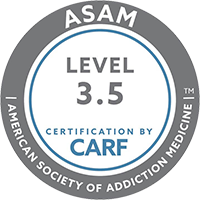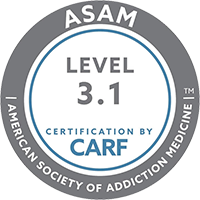
At Addiction Recovery Care (ARC), we know that recovery isn’t one-size-fits-all. We focus on treating the whole person and the underlying issues that may be fueling their addiction. For many of our clients, substance use and mental health disorders are deeply intertwined. They show up together, feeding into each other in complex, often painful ways. This is known as dual diagnosis, or co-occurring disorders, and it’s a growing public health issue that affects millions across the country.
What Is Dual Diagnosis?
Dual diagnosis refers to the presence of both a mental health disorder and a substance use disorder (SUD) in the same individual. A person struggling with untreated depression, anxiety, PTSD, or bipolar disorder might turn to drugs or alcohol to cope with overwhelming emotions. On the other hand, long-term substance use can actually worsen, or even trigger, mental health symptoms.
According to the Substance Abuse and Mental Health Services Administration (SAMHSA), an estimated 21.5 million U.S. adults live with co-occurring disorders. That’s nearly 1 in 10 adults. Yet far too often, people receive help for one condition while the other goes untreated, and this is if they receive help at all.
The Link Between Mental Health and Substance Use
The relationship between mental illness and substance use is complex and deeply personal. For many, mental health symptoms come first, and substance use begins as a way to cope or self-medicate. For others, substance use may trigger or worsen mental health symptoms by altering the brain’s chemistry and increasing vulnerability to anxiety, depression, and psychosis.
In some cases, both issues stem from shared root causes – trauma, chronic stress, genetics, or social factors like poverty or isolation.
Research shows:
- 35% of adults aged 18 and over in the U.S. who have another mental disorder also have a substance use disorder.
- People with dual diagnoses often face double the stigma, which can lead to isolation, shame, and a reluctance to seek help.
- Substance use can interfere with medications used to treat mental illness, complicating treatment further.
Why Integrated Treatment Is Essential
Treating mental health and substance use disorders separately doesn’t work for most people with a dual diagnosis. The best outcomes happen with a specialized, integrated approach that addresses both mental health and substance use at the same time. If only one issue is treated, the other can lead to relapse or worsening symptoms.
Our clinical teams at ARC are trained to understand the unique needs of individuals with co-occurring disorders. That means:
🔷 A complete mental health assessment
🔷 Access to therapy, counseling, and psychiatric care
🔷 Medication management when appropriate
🔷 A compassionate, judgment-free environment
🔷 Support for trauma, anxiety, depression, and more
We walk alongside our clients every step of the way, helping them not just stay sober but truly heal and grow.
Bellefonte Hospital and Recovery Center
As a part of ARC’s Healthcare network, we offer mental health treatment at Bellefonte Hospital and Recovery Center in Greenup County, Kentucky. It is a 40-bed licensed psychiatric inpatient facility offering short-term mental health crisis stabilization with a focus on serious mental illness services (SMI). Bellefonte also offers detox services relating to substance use disorders. Licensed professionals assess potential patients at any time day or night. Patients who meet admission criteria typically stay an average of five to seven days. Once stabilized through our robust clinical treatment, clinical and discharge staff refer patients to appropriate resources and/or a more appropriate level of care.
Supporting Someone with Dual Diagnosis
If someone you love is struggling with both addiction and mental health challenges, it can be hard to know where to begin. Here are a few ways you can support them:
- Listen without judgment. They may feel shame or fear. Let them know you care.
- Encourage professional help. Dual diagnosis requires expert treatment, and it’s not something someone can “will away.”
- Educate yourself. The more you understand, the more supportive you can be.
- Stay connected. Social support plays a significant role in recovery.
Dual diagnosis can feel overwhelming, but there is hope. With the proper care, support, and resources, people can overcome both addiction and mental health challenges. We’ve seen it time and time again at ARC. Lives restored, families reunited, and individuals stepping into the futures they were always meant for.
If you or someone you love is struggling with addiction and mental health, don’t wait. Visit www.arccenters.com to learn about treatment options and take the first step toward lasting recovery!





